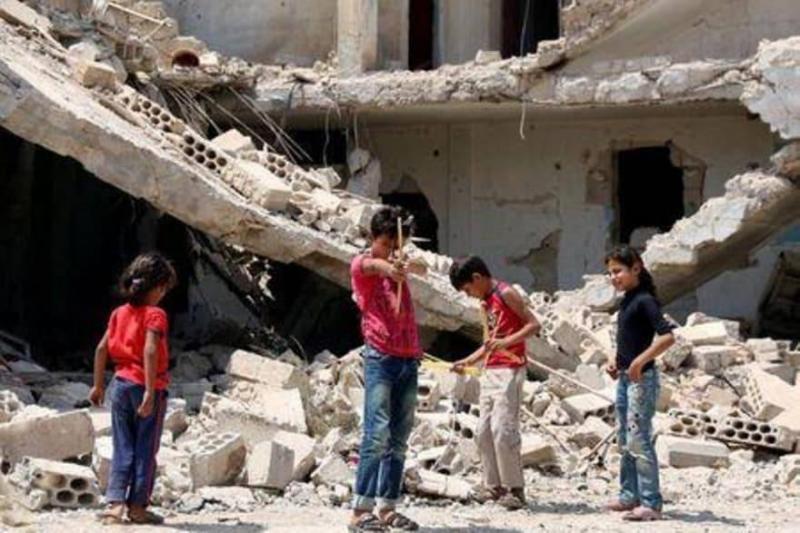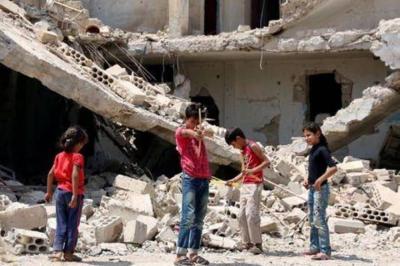Residents and sources within the army and opposition reported that Syrian army units supported by Iran-aligned armed factions launched a significant attack on an opposition pocket in the city of Daraa in an effort to regain control over the last stronghold of the opposition in southern Syria. The troops gathered around the sprawling city, which is under government control, aimed to advance into the Daraa al-Balad area, which holds particular importance in the Syrian conflict as it was the center of the first peaceful protests against the Assad family's rule in 2011, met with deadly force before spreading throughout the country.
Opposition fighters stated that they repelled the attack from the western side of the pocket, which residents and local figures said has been under siege for two months, during which the army prevented the entry of food, fuel, and medical supplies but opened a corridor for civilians to leave. A senior military source indicated that Iranian-aligned army units, led by the Fourth Division of elite forces, are also encircling the pocket, having mobilized new fighters and established new checkpoints on the main highway to Damascus leading to the Jordanian border crossing.
Another military source noted that fighting continues but did not provide further details. Government media reported in recent days that the army is preparing to eliminate "the situation of security chaos and disorder" and to reassert its control. There are no indications of casualties in the latest incident.
The Syrian army had regained control of the province, with Daraa as its capital, in 2018, supported by Russian airpower and Iranian militias. Local negotiators from both sides stated that Moscow, which plays a key role in maintaining security in the region, has so far prevented the army from launching a military offensive that they say Iranian-backed army units with a significant presence in Daraa are pushing for.
Russian military leaders, who provided a roadmap on August 14 to local leaders and the army to avert a military confrontation, have attempted to win over the opposition, some of whose members fear that the plan is a violation of a Russia-brokered agreement three years ago. The 2018 agreement forced thousands of heavy-armed Western-backed opposition fighters to surrender their heavy weapons but prevented the army from entering Daraa al-Balad.
The Russian plan, which Reuters has seen, offers amnesty for former opposition fighters but allows the army to gradually control the pocket while providing a safe passage for opposition fighters refusing the agreement to leave to opposition areas in northwest Syria. Residents report that Russian military police have intensified their presence in the city and its suburbs, often mediating disputes between locals and the army and security forces.
Until recently, the population of the pocket was around 50,000, but most fled in the past two weeks, turning the area into a ghost town where several thousand opposition fighters are fortified. Since the government regained control of the province, the pocket and other towns in southern Syria have witnessed sporadic protests against Assad's authoritarian rule, a rare occurrence in government-controlled areas. Abu Jihad al-Hourani stated, "The regime is trying to silence the remaining voice of the revolution against it in southern Syria."




